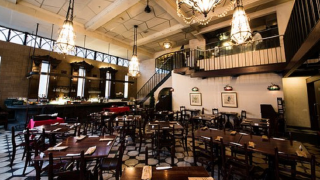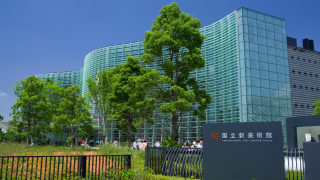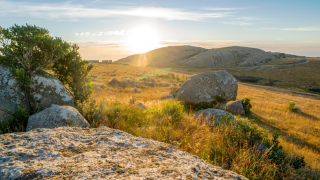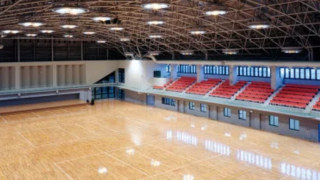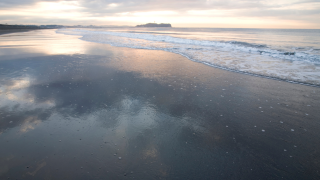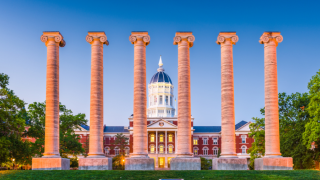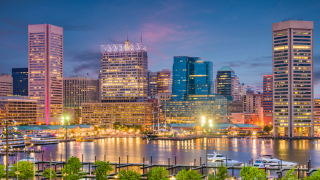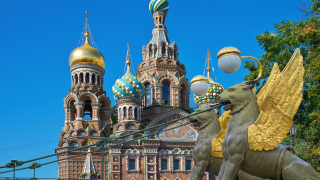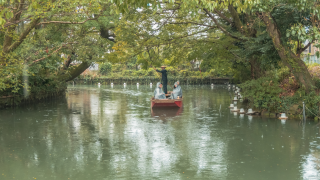 SECRET
SECRET Yanagawa River Cruising in Fukuoka: Discover Its Charm and Experience Points through Japanese Impressions
Yanagawa River Cruising in Fukuoka offers a special sightseeing experience through waterways dating back to the Edo period. Japanese visitors feel “healing” and “history,” while foreign travelers discover it as a “cross-cultural experience.” The townscape viewed from the water is a unique sight that can never be experienced from land.

